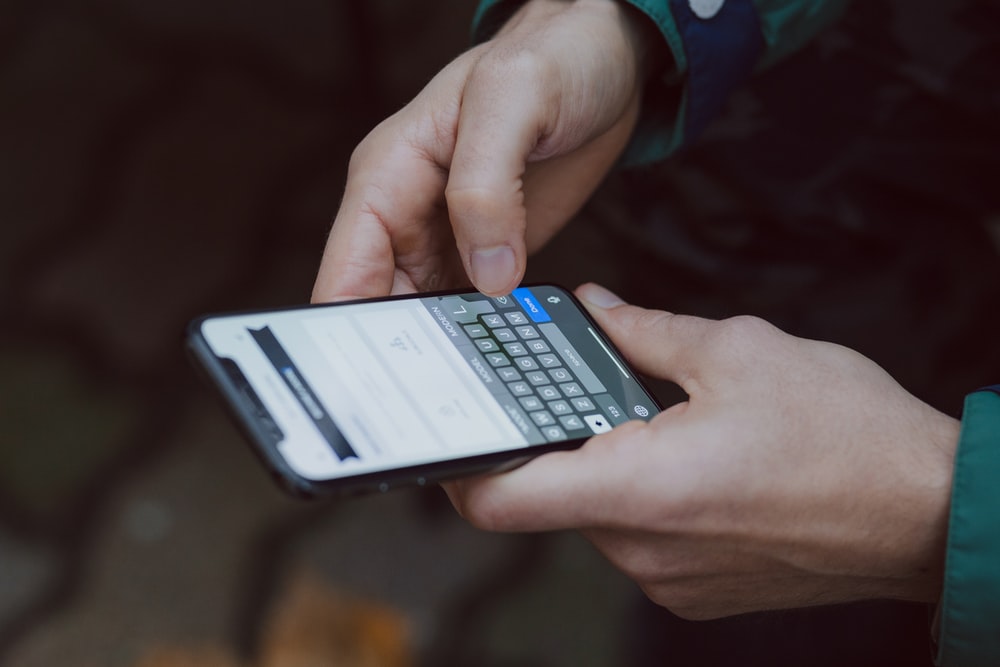Do you have a smartphone? Statistically speaking, you probably do. Virtually all American adults have cellphones, and the overwhelming majority of American adults own smartphones. Expensive as they may be, smartphones have proven to be virtually essential to getting by in today’s world. From applying to jobs to playing games, smartphones can do it all.

But owning a smartphone isn’t without its risks. First, there’s the device itself, which can cost more than $1,000 and is exposed to the risks of falls and knocks whenever we carry it. Then there’s our private information, much of which is shared with or on the device we carry around. Identity theft is a real problem, and it’s one that you could face if you’re not careful about protecting your phone — and yourself.
Armor up
Let’s start with the obvious: Smartphones are expensive, and you don’t want yours to break. There’s no excuse for failing to protect your smartphone with a case and a screen protector. Keep your smartphone away from water, and don’t make the all-too-common mistake of holding your phone over a treacherous drop while taking a selfie or a photograph.
If you do end up messing up your smartphone, don’t panic. If you’ve gotten your smartphone wet, then you need to turn it off, stop using it, and let it sit around to dry out for a good 24 to 48 hours. You can put it in rice if it makes you feel better, but that popular method doesn’t actually help (it doesn’t hurt, either, at least). If you’ve shattered the screen or otherwise physically damaged the device, consider getting it repaired instead of replaced. The cost of, for instance, an iPhone 6 Plus screen replacement is a whole lot less than the cost of a brand-new iPhone XS.
Beware of sketchy apps
Mobile operating systems like iOS and Android usually urge (or even force) you to download apps only from approved app stores. Even within app stores, though, there are sketchy apps that you can’t necessarily trust. Do your research, especially when it comes to gambling apps and other apps that require financial data. Check out trusted sister sites of major casinos instead of small-time apps, and Google app names to look for security issues and user complaints. It’s better to be safe than sorry. Fortunately, you can rely on a lot of great online resources when it comes to checking out the reputation of a certain app. You can also use services that watch for data breaches and monitor your identity, just in case.
Use a VPN
Virtual private networks, or VPNs, are popular ways to protect user privacy on computers. But did you know that you can also use VPNs on smartphones? It’s true. While VPNs won’t always be convenient, they’re a great choice for certain types of web browsing and other types of smartphone use.
Setting up a VPN with a phone isn’t too tough to do, and it can be a wise choice if you don’t want your activity tracked online. Among other things, VPNs are great for avoiding targeted ads and keeping websites you don’t trust with your data at bay.
Use common sense
A phone is only as safe as you are sensible. If you leave your phone lying about, don’t take advantage of security and privacy features, and make it easy for thieves to snatch your phone away in public or on public transit, then you run the risk of having your phone that’s full of personal information fall into the hands of the wrong people. So be careful. Keep your phone secure, don’t zone out scrolling near the subway doors, and make sure that you’re using the privacy and security features that will protect and track your phone.

